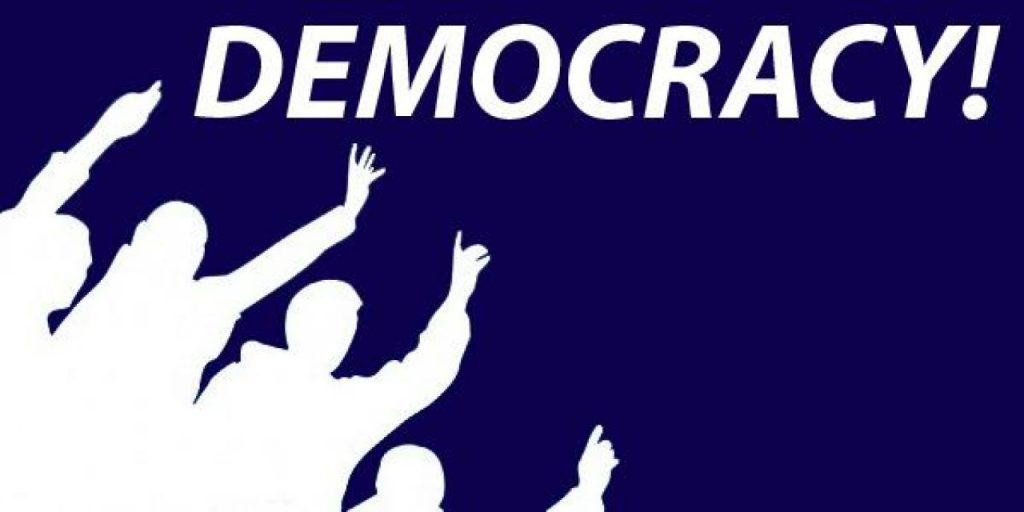Something sad is happening in our society; the society is drifting seriously. There was a time in Nigeria that the public arena was dominated by ferment ideas that pushed boundaries, destroyed illusions and enabled societal progress. Those were the days when idealists and progressives exerted great influence on public policy, and their input into the governance process could not be ignored.
Ideas are strong elements of nation building, and even where interests are at play, one knows the quality of a country by the manner in which a taste for good thinking propels the leadership process. Public opinions are at the centre of this phenomenon: they include views and wishes of leaders, as representatives of the people and who use their expertise and exposure to garner opinions, then, shed light on a broad range of issues.
They also include journalists, opinion moulders, leaders of thought, academics and other professionals who question society’s direction, and offer alternative ideas. The beauty of public opinion is that the opinionists are disinterested parties, they are interested in ideas not for their own benefit, but for the overall good of the society.
Between the 60s and the 90s, there was so much fascination with ideas in this country; it was as if the public mind was on fire. Academics from various disciplines took a keen interest in the prospects of the new Nigeria, and they went to the public arena to project ideas. They shape public opinion.
Many who lived during that era will remember the debates over the IMF/Structural Adjustment Programme. The debates were based on facts and figures, devoid of political, religious or ethnic sentiments and myopic interests.
As the years went by however, public opinion began to decline. It now appears that the flame of public opinion in Nigeria is almost a flicker. Public opinion in Nigeria, no matter how relevant, is now dismissed because of obsession with individual, parochial, religious and ethnic interests. Sentiment, favouritism, hatred and inequality have compromised sanctity of human life, equity, fairness, law and order. Hence, it now seems as public opinion is no longer the bedrock of democracy. Public opinion, that was once vibrant platform, is no longer upheld.
The effect is that we are in the age of clichés, of jargon speeches, of mundane, unimaginative commentary, even by leaders who should be major beneficiaries of the intellectual property of the public opinion. Whatever appears popular public opinion is written off as mundane, divisive, retrogressive, arrogant and targeting a particular section of the society.
There is no quality debate on anything because some people have resorted to making fashionable statements that suit them and their minority clique. Many leaders are locked in their own little corner, not willing to listen to the other side of the story. They are interested in easy stuff, in fashionable opinions that align with their own partisan interests. It is really sad that today, public opinion is seen as a threat.
What we have lost is not public opinion, as there are many Nigerians who are experts in their narrow fields. There are still leaders who listen to the wishes, aspirations and heartbeats of their people and are willing to bury their ego and political interest, race or region for the common good of all. They believe that public opinion is still a tool for social progress.
Having tried over the years to engage the governance elite with ideas and to show that only good ideas should govern society and having been spurned by some politicians, Nigeria’s public opinion seems to have become so frustrated.
But no! Public opinion cannot be relegated to such a stand, after all, that is the bane of democracy. Southern Governors’ Forum must be commended for taking the bull by its horns by leading in the current public debate on some pertinent issues that can move Nigeria forward. Let us give them our ears, for, according to Abraham Lincoln, “if there is anything that links the human to the divine, it is the courage to stand by a principle when everybody else rejects it”.
WRITTEN BY DR. TIMOTHY IFEDIORANMA









Comments are closed for this post.